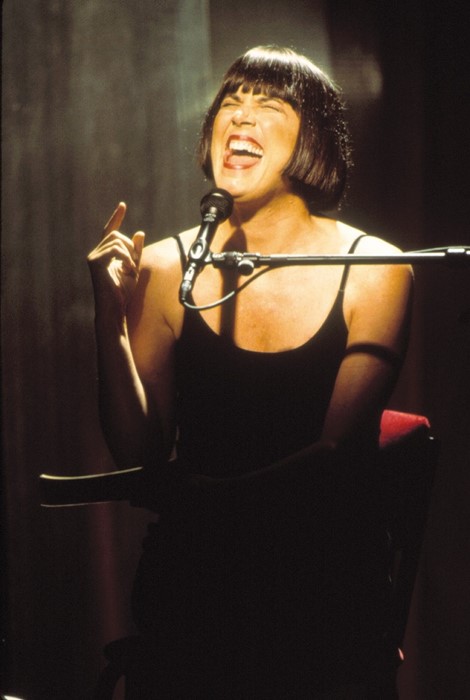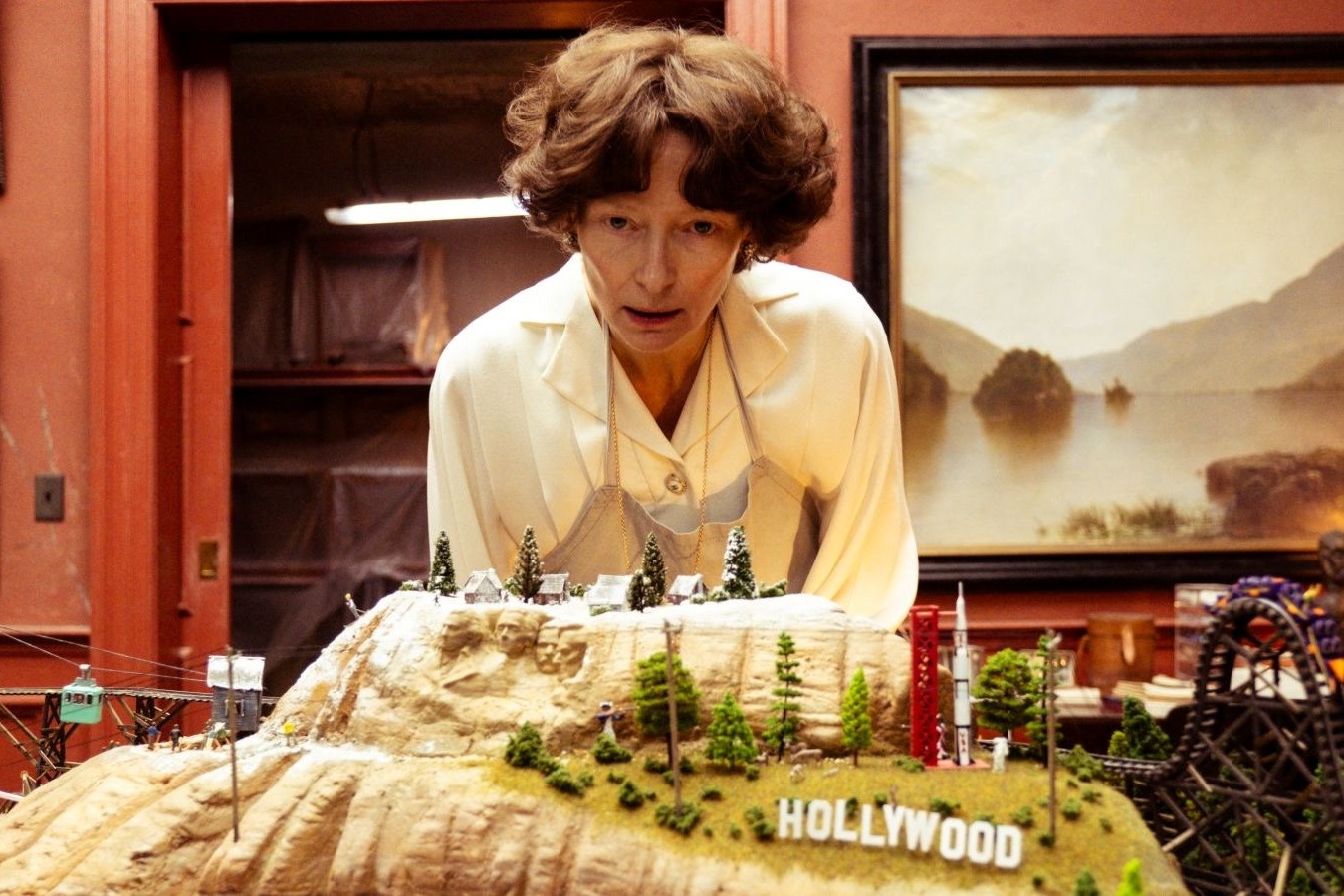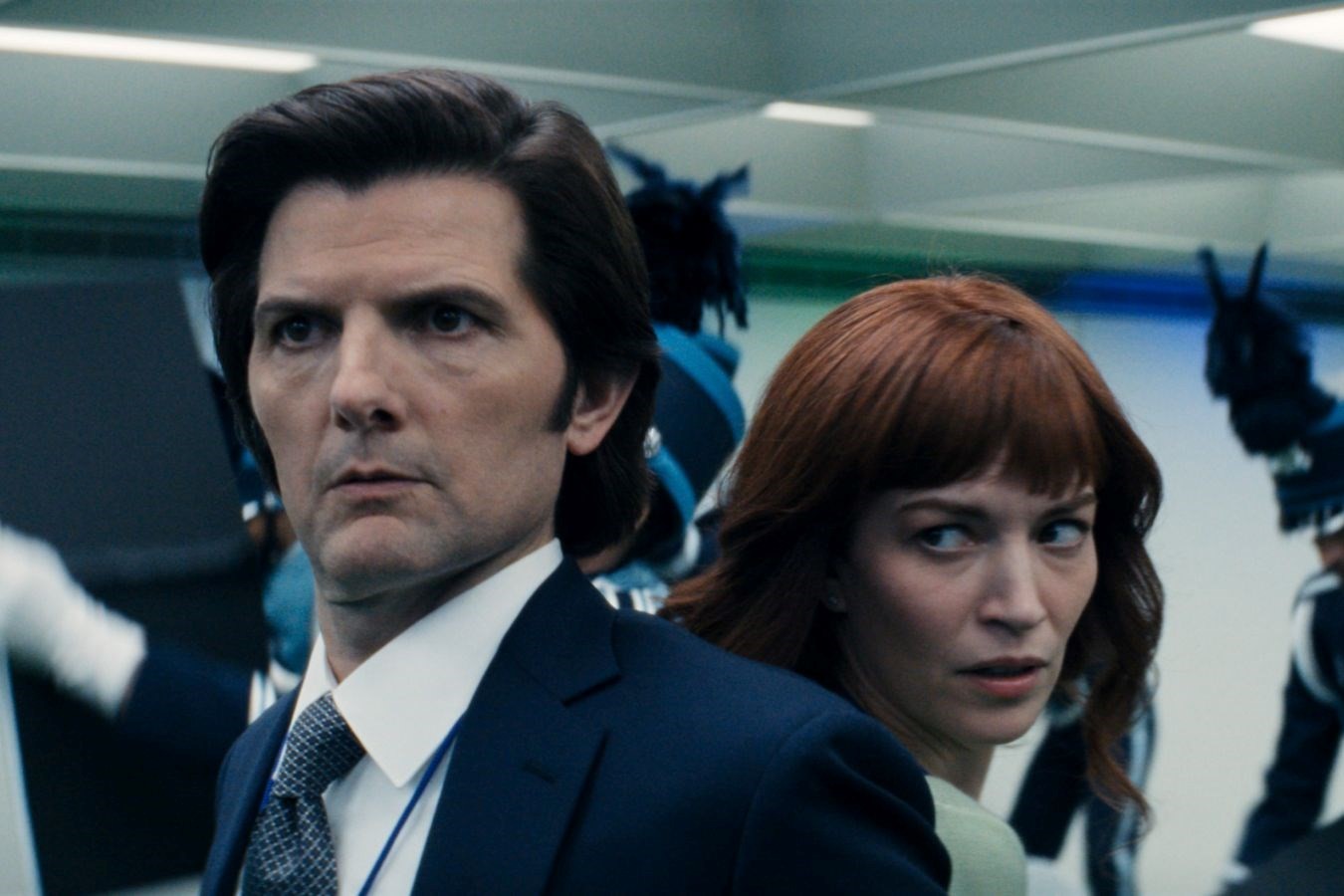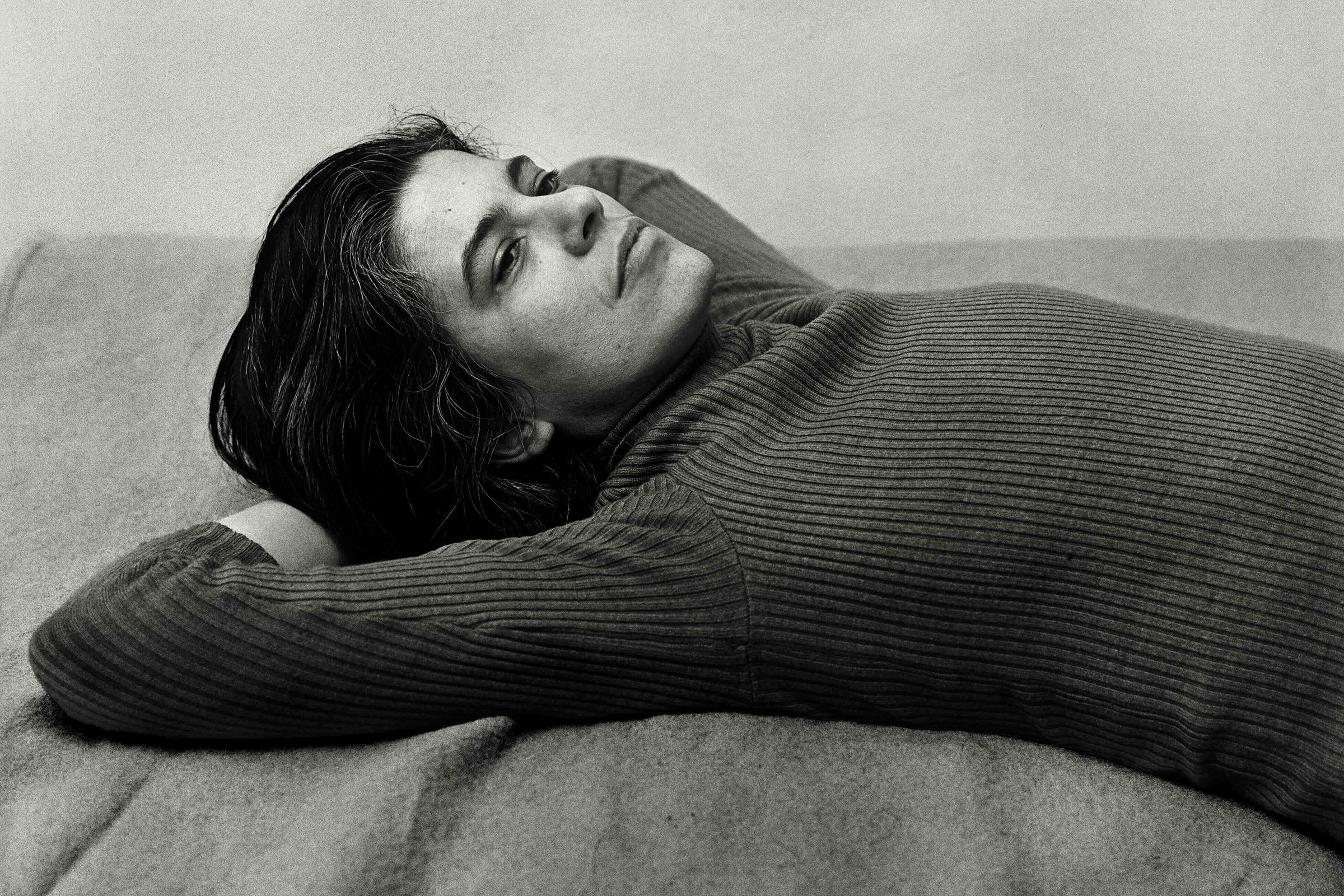From Joan Didion to Eve Ensler: these one-woman performances are ever-poignant and pertinent
A one-person play is a test for both the audience and the actor. They often make for intense pieces of theatre – essentially elongated monologues – lacking as they do in cast members to work with, leaving it up to the audience to invest in a single character’s story. At its best, a one-person play is an unforgettable experience, simultaneously visceral, poignant and lonely. The act of centring on a sole character perhaps allows for a greater connection between the audience and the performance, thereby increasing the play’s impact and amplifying its message. In light of International Women’s Day, we’re looking to four searing one-woman shows which address issues that women have faced for centuries, and continue to today; including social injustices, the grief of losing a child, feminism, violence and mental health.
The Vagina Monologues by Eve Ensler
In 2006, ten years after it was written and first performed, The New York Times journalist Charles Isherwood called The Vagina Monologues “probably the most important piece of political theatre of the last decade”. It’s a play that spawned a movement with its groundbreaking subject matter and writing, which its author Eve Ensler composed after speaking to hundreds of women about their varying experiences with, opinions on and stories about vaginas. Ensler performed the vignettes – which are written from the point of view of women from a range of backgrounds, from Bosnian survivors of rape to a housewife bemoaning a cheating husband – herself in 1996, and experienced first-hand a surge of women speaking about their own lives because of The Vagina Monologues. 22 years after its first three and a half year off-Broadway run, the play has been performed in over 140 countries to date. Its empowering legacy is ongoing: Ensler has been adding monologues to the play annually with pieces reflective of the contemporary climate, and has spearheaded V-Day, a global activism platform that aims to end violence against women, and which (among other endeavours) promotes charity performances of The Vagina Monologues on February 14.
The Year of Magical Thinking by Joan Didion
The raw and incisive prose of Joan Didion was adapted for the stage by the author herself when The Year of Magical Thinking was performed on Broadway as a one-woman show starring Vanessa Redgrave. Reflective of the California-born writer’s affectingly shrewd prose, the set was pared back, leaving Redgrave and her portrayal of Didion in contemplation of grief for her husband and daughter in the spotlight – a performance made all the more poignant when, two years later in 2009, Redgrave’s own daughter Natasha Richardson (a friend of Quintana Roo Dunne, Didion’s daughter) also died unexpectedly. The David Hare-directed production of The Year of Magical Thinking came to London’s National Theatre before touring in Europe and Australia, and aside from becoming a commercial success was also a personal one in some respects. In last year’s documentary The Center Will Not Hold, Didion speaks of “the value of [the play’s] communal experience” in which she and the audience were “in it together”.
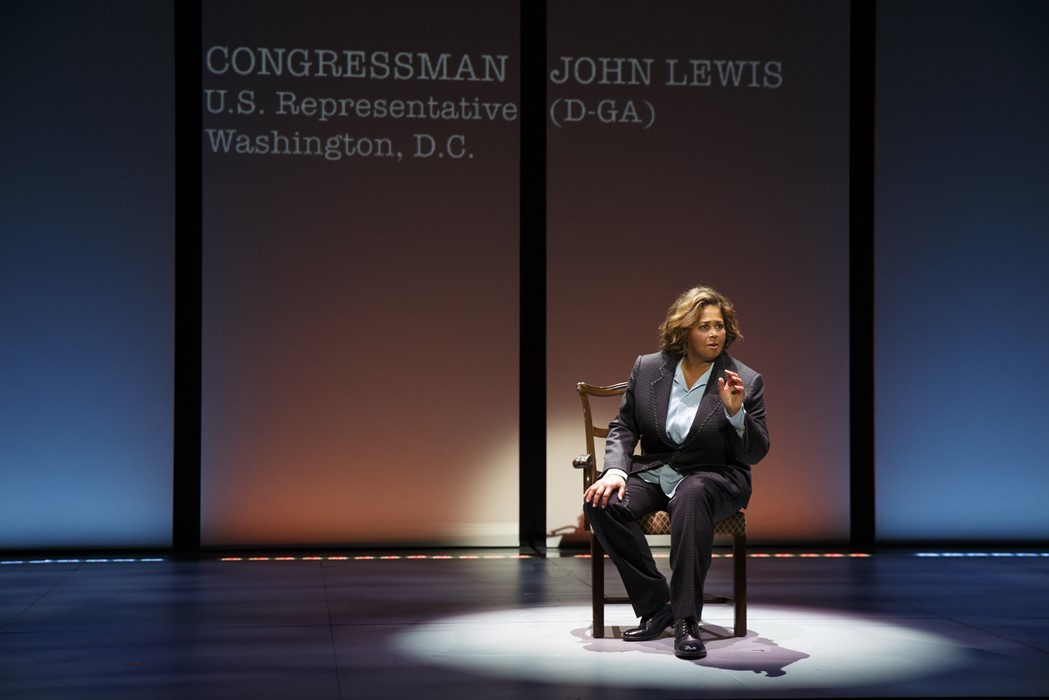
Notes from the Field by Anna Deavere Smith
Actress and playwright Anna Deavere Smith’s Notes from the Field tackles social injustices that exist in the American class system. Dramatic and educational in equal measure, the play’s focus is on the school-to-prison pipeline, a discriminating punishment system which seemingly ushers young people from education to incarceration. Smith’s immense piece draws on lengthy research and interviews she conducted over four years, allowing her to create numerous different characters for it, from children and parents to prison officers and teachers. The people portrayed, however, were in fact not created at all, but conveyed: they are real people whose words are spoken unedited in the play. The impact of Notes from the Field was felt significantly following Smith’s first performance of it in 2016, and will no doubt increase with its imminent television adaptation.
A Room of One’s Own by Virginia Woolf
Virginia Woolf’s A Room of One’s Own began as a performance of sorts, before it was adapted into essays and eventually for the stage: the writer gave rousing lectures on the subject at two Cambridge women’s colleges in 1928. “A woman must have money and a room of her own if she is to write fiction,” Woolf stated, arguing for the autonomy necessary in women’s lives should they endeavour to create (and specifically write). Eileen Atkins took on the role of Woolf in 1991 in a one-woman production, though she was initially apprehensive of the form: “I didn’t ever want a one-woman show; the terror to go out alone, and also simply learning it,” the esteemed actress told The New York Times that year. Atkins’ performance was lauded for its visceral enlivening of Woolf’s ever-pertinent words (which we recommend experiencing for yourself via the above film). The piece itself is an important musing on not only women’s rights and feminism, but also connects to wider ideas on mental health and wellbeing.
